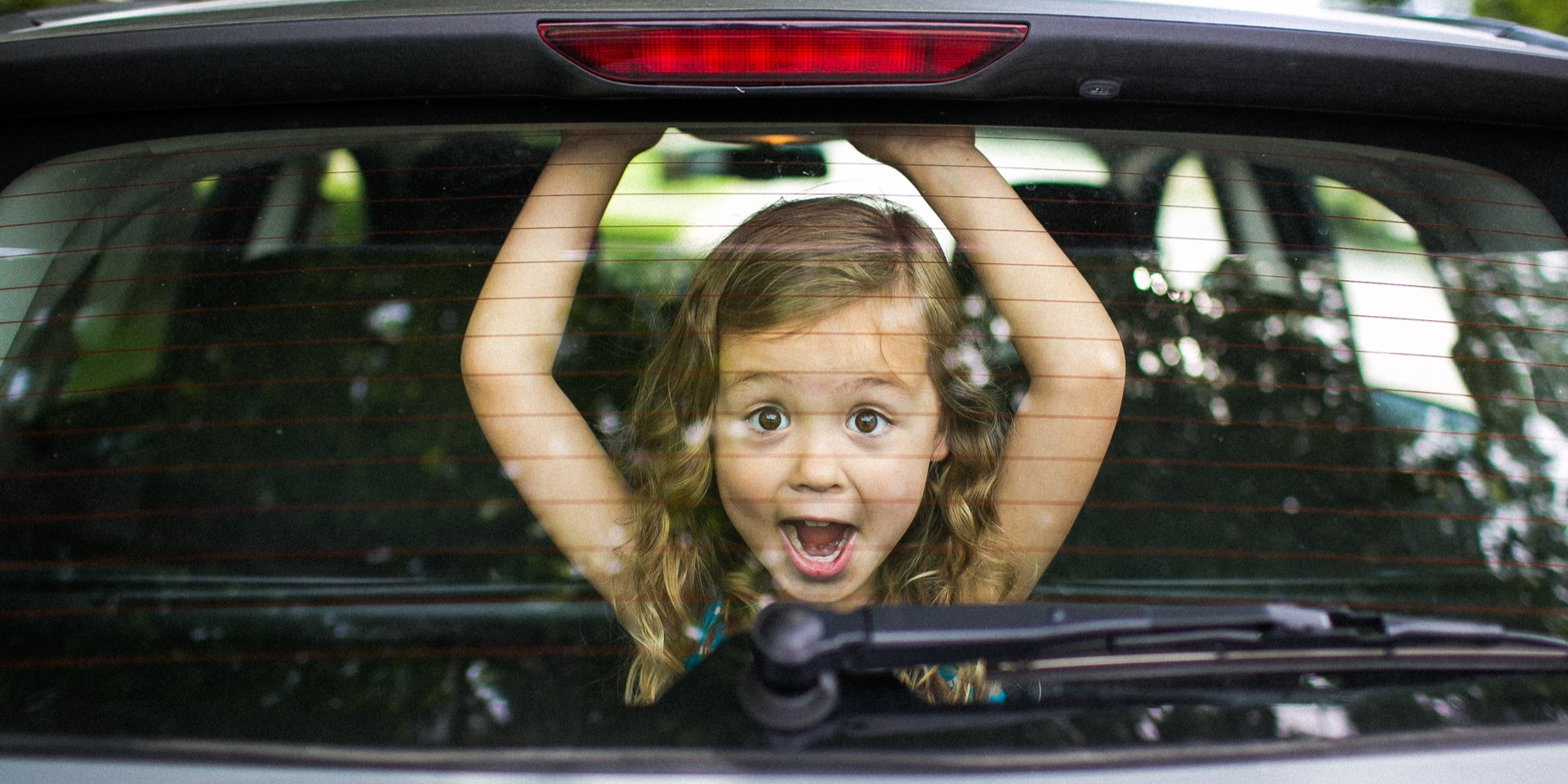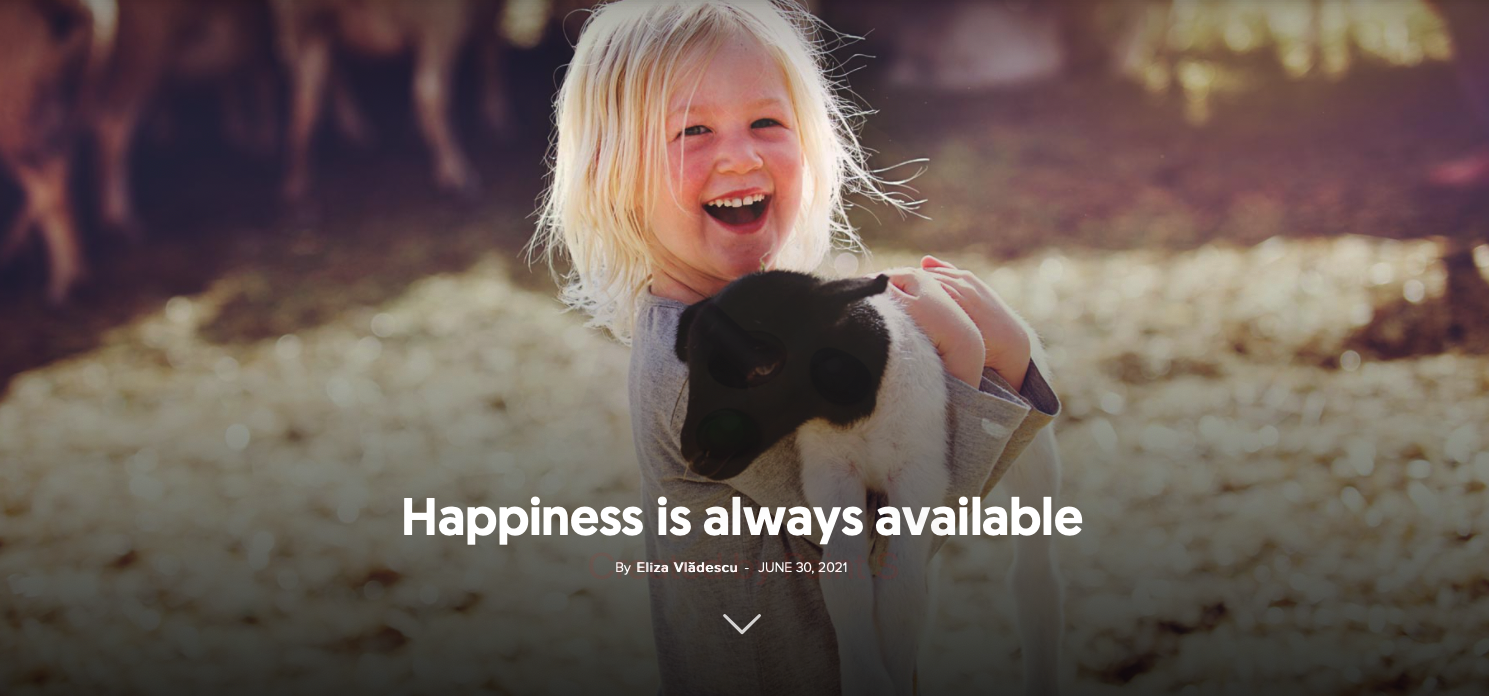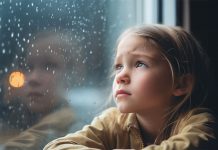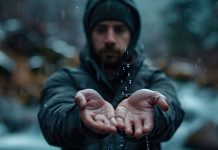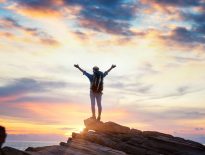It is said that time makes us wiser. How wise have we become after a global pandemic with millions of deaths, a war on our borders, economic problems, and many personal tragedies in which we are caught as if in the grip of a great storm?
Oftentimes, the hardships we face, alone or together, are the best teachers; they are the brave educators who confront us with reality, without lies or sugar-coating. It is also the hard times that show us that for the things that matter, we are willing to face obstacles, take risks, and do whatever it takes to regain lost security.
Although they required enormous sacrifice and adaptation to an ever-changing reality, the pandemic restrictions also brought hope that joint efforts would shorten the time it would take to return to “normality”. People have shown that they can find ways to move forward despite the difficulties and the unknown.
From another perspective, Ukrainians who fled the war, leaving behind the threat of death as well as life as they knew it, have shown that they have the strength to start afresh in other corners of the world. The solidarity of people abroad has also shown that hard times can teach us to re-evaluate our habits and our thinking—to be braver than we are in times of peace, stability or abundance, even to move mountains when necessary.
Painful truths and short-term memory
The downside of this learning formula is that we quickly forget the lessons of hardship. In the absence of adversity and the nostalgia it engenders (for core values), we are easily swayed by life’s inherent challenges—the stress associated with work, shortcomings, and failures, the eternal competition with others or the artificial perfection of the online environment, and the events that prevent us from seeing the bigger picture and engage us in stressful battles with too little at stake to be worth fighting.
One of the conclusions of recent years is that painful truths and lessons learned the hard way are stored in short-term memory.
If, during the events caused by Covid-19, we embraced the idea in many people’s minds (“We were happy and we didn’t know it”), in the post-pandemic period, the old thoughts have returned, along with their harsh judgments focused on what is negative, problematic or unkind. In other words, the habit of seeing mainly the empty, disappointing side of life has returned.
This vacillation between two different approaches has led me to take a closer look at my thinking patterns in order to improve the way I relate to myself, to the world, and to my everyday experiences. Certainly, in a life spent in a hurry, where time flies by at an astonishing pace, exercises in self-discovery don’t seem to be a priority. However, when we consider the benefits of knowing and relating to ourselves, we realise that time spent with ourselves is not wasted. Rediscovering and harnessing the latent resources we have in order to improve our own lives should be high on everyone’s agenda.
Little drops
I have learnt that the best person to help me in my moments of hardship is myself. However, that shouldn’t stop me from asking for (and of course offering) support when I’m in need.
The power of community is immeasurable, but one-to-one relationships or small groups of people have an incomparable power for those who are struggling. The physical distance during the pandemic, the need to break off social contact to prevent the spread of the virus, has reaffirmed the importance of communication, cooperation, and mutual support in society.
At the same time, recent examples of commitment to helping Ukrainian refugees have shown that people don’t do good just to get something in return: praise, financial rewards or the return of favours. Because of our humanity, indirect exposure to a major crisis elicits empathy. Nevertheless, the spirit of solidarity shown in crisis situations should be cultivated and replicated in contexts of life that are often ignored because they are so commonplace. We would do well to remember that it is little drops of water that make a mighty ocean.
The joy of small things
The last few years have also taught me that paying more attention to the negative does not suppress the positive, but rather makes it invisible. During the pandemic, there was a lot of talk about the joy of small things, but the resumption of normal life has turned joy into the frenzied characteristic of modern humans, always in search of something new—emotionally, physically, materially, financially or spiritually.
In the daily race for happiness, I try to remember the lesson of the “‘small things” that make us happy—not to stop striving for more, but to live with a peaceful heart at every turn. It takes a conscious effort to notice the glass half full, because habit tells me to keep track of what doesn’t work as expected, what’s missing or what’s in excess: that is, mistakes, lost battles, setbacks, and burdens. When that happens, the good parts get left behind, as if they didn’t exist.
The key to keeping our attention on what really matters is to be grateful, minute by minute, for what truly fills our souls with peace, joy, enthusiasm, strength, courage, passion, love, and confidence.
Defence mechanisms
The challenges of the pandemic and the need to leave my comfort zone due to unwanted changes, including job loss, have revealed new things about me, some not so pleasant, but some even rewarding. What’s more, they have revealed my limitations, which in some ways are more flexible than I would have thought, and in others more rigid, seemingly insurmountable.
I was delighted to discover that it is indeed true that necessity is a good teacher. And I realised that it is not the difficult situations that make us better, stronger, and wiser. They only bring out what is already in us, they teach us how to put into practice the “contingency plan” based on the potential we overlook in conditions of convenience and existential comfort.
When we are not forced by circumstances to do one thing or another, it is easier to fall prey to automatic, irrational thoughts that tell us we have little chance of success.
Under these circumstances, the fear of failure takes hold and convinces us to abandon the race before we have even started. Self-defence mechanisms kick in, telling us that it is better not to try than to try and lose.
On the other hand, when circumstances force us to act, we no longer have the time and energy to subject every choice to the same painstaking process of self-sabotage. And then, even if we end up swimming against the current, our instinct for self-preservation makes us fight to the end.
Certainly, the events of recent years have tested the limits of all of us. And many have discovered that they are stronger than they thought. For me, the lesson of this chapter can be summed up in the following ideas:1) it is not difficulties, but the lack thereof, that make us more vulnerable; 2) we must not wait for crisis situations to arise before we identify and use our strengths; 3) we must not allow automatic thoughts to “protect” us from possible failure by inaction.
The mirage of false needs
I’ve never been a fan of consumerism, even more so now that the lifestyle imposed by the pandemic has revealed the mirage of false needs, the void filled with material things, preferably as expensive and desirable as possible in everyone’s eyes. The resetting of values that took place in this context confirmed for me a well-known truth: simplicity is an undervalued treasure of our time. Without ignoring the subjective factor that individualises choices and the way people assess their own needs, we could say that simplicity, with its natural, unadulterated component, should be an essential principle of thought, behaviour, and philosophy of life.
The pandemic experience has helped me to feel less pressured to buy and, through the economic hardship, has taught me how to manage financial stress, turn obstacles into opportunities, and learn good shopping habits based on the same criterion of simplicity.
Undoubtedly, one of the most important lessons from recent events is the paradoxical benefits of a minimalist lifestyle. When people have to make do with less, the brain is forced to come up with innovative solutions to achieve a good level of life satisfaction, cultivate discipline and moderation, and look for alternatives in order to win the race—not merely to subsist but for living life to the full.
The things that matter
If hard times shape us through the need to adapt, introspection takes us further, giving us the opportunity to live assertively, engaged, consciously, and not on autopilot or fast forward, without seeking the deeper layers of existence.
Exploring the inner universe, but also the lessons that objective reality offers us, contributes to our spiritual growth, despite discouraging and precarious conditions.
After the recent past, we know that life does not come with an instruction manual, that everyone has a different path to follow, designed to teach them happiness, compassion, authenticity, and the importance of opening up to new horizons.
We know that not everything is useful to us, and we have a duty to be selective about the things we give a privileged place in our value systems, in our practice, and in our hearts.
We know that we owe it to ourselves to keep and respect our convictions, in order to live in accordance with what we believe and with the things that matter.
For me, the most recent revelation is also the most frightening: it is not death that is the end of existence here and now, but a life lived joylessly, at the whim of fluctuating circumstances—a selfish, depersonalised life, lost in the noise of everyday drudgery.
Someone said that some people find a problem for every solution. What do I think we should do with the lessons, the teachings, and the revelations that experience gives us? We should turn them into solutions and not into problems that keep us stuck in the same limiting habits.
Genia Ruscu talks about the moments of reflection and inspiration that life’s hardships can offer us, with the aim of transforming them into precious opportunities for learning, but also for reconciliation with oneself, with others, and with God.












